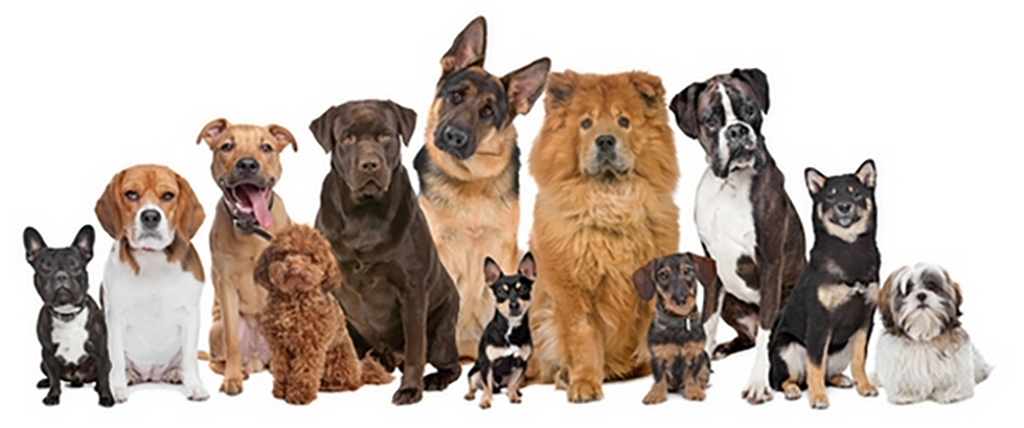
Overcoming Thunderstorm Phobias

Summer is a wonderful season to share with a dog, with lots of barbeques, outdoor sports and activities, and just plain relaxation time to enjoy together! But while you may associate summer with peaceful fun in the sun, your dog may experience just the opposite: sound phobias associated with thunderstorms, which are typical this time of year.
What exactly is a phobia? A phobia is an intense fear that a dog (or person) associates with a particular event. Thunder and firework phobias are quite common in dogs and manifest when a related event occurs. Dogs who suffer from these phobias may drool and pant excessively, pace, bark or whine, or even harm themselves trying to "escape" the terrifying sounds.
Here are some reasons why your dog may suffer from sound phobias, as well as ways in which to manage his fear reaction.
Why Your Dog Is Sound Sensitive
He's been traumatized in the past
A dog who has experienced a fearful event in the past is more likely to react negatively to future events. For example, if your pup was startled by an unexpected firework last 4th of July, he may associate that sound with all fireworks in the future.
He's not socialized well enough
Dogs should be socialized from a young age to experience a variety of people, places, things - and sounds! Often people don't realize that puppies aren't born recognizing all of the strange noises in their environment. The best time to sensitize your puppy to different sounds is between three and eight weeks of age. Various CDs on the market play fireworks and thunder; just begin slowly and only gradually increase the volume and length of time to which he's exposed.
His sensitivity has become generalized
If your dog is already susceptible to a certain noise, like the vacuum cleaner, it can become generalized to fear of other noises, such as a booming thunderstorm.
How to Manage Sound Sensitivity
Hire a behaviorist
With a serious sound sensitivity, a behaviorist is often the best person to help train your dog - and maybe even more importantly, you - to deal with the problem. Intense fears can lead to aggression, so it's crucial that you tackle the problem head-on.
Socialize and desensitize your dog
It's never too late to gently expose him to the world-just don't force him to encounter those sounds that he fears. In other words, don't drag him to a boisterous summertime parade on the first day of training. Instead, slowly but surely introduce him to new sights and sounds, which will ensure that he feels secure. In this way, you are gradually desensitizing him to his environment - but keep in mind that this will take lots of time and patience. Your dog won't be "cured" overnight.
Provide sound therapy
Whether you use a CD of sounds mentioned earlier or even turn on some calming music during a storm or firework event, sound therapy can greatly reduce your dog's stress levels. When used during an actual sound event, music may help drown out any undesirable noise.
Consider herbal remedies, pheromones, or prescription medications
Depending on the severity of your dog's sound phobia, one or more of these may help. Some herbal remedies induce muscle relaxation, and vet-prescribed medications generate a calming effect. Pheromone therapy, such as Comfort Zone, uses naturally secreted pheromones to lessen the negative side effects associated with sound phobias.
With some preventive training and behavior management, you and your dog can enjoy a blissful and safe summer - and that's music to everyone's ears!
Sources
[1] "Nylabone"
[2] "Positively"
[3] "Pet Place"
[4] "Pet Education"
[5] "Green Acres"
[6] "The Kennel Club"
Our Mobile Application
Check out Our Mobile Application "Dog Breeds Central"
